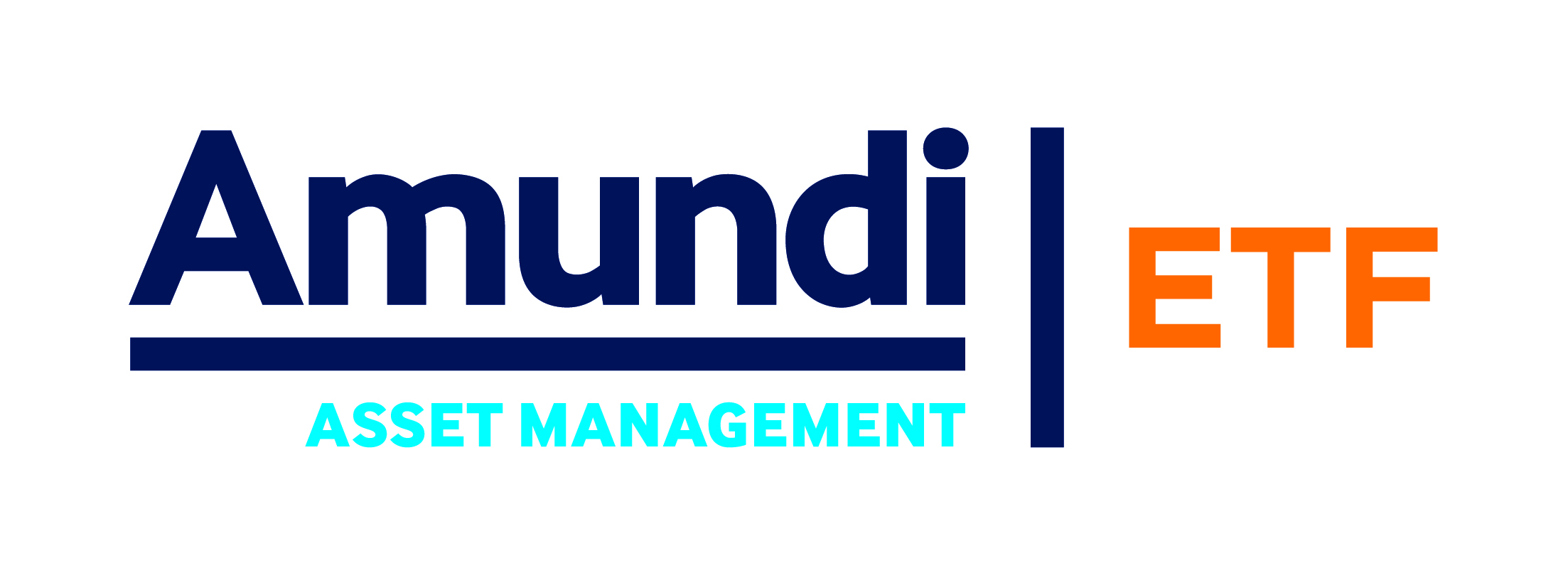HSBC Asset Management suspended primary market trading on its Russia ETF on Monday as the West’s sanctions on Russia forced the closure of the Moscow Stock Exchange.
In a market announcement, the asset manager said its HSBC MSCI Russia Capped UCITS ETF (HRUB) did not trade on primary markets yesterday due to the “unexpected closure” of Russia’s stock market.
A non-dealing day allows an issuer to suspend trading on the primary markets while still enabling the net asset value (NAV) to be published.
The Moscow Stock Exchange remains closed on Tuesday, however, HRUB is down 26.9% so far this morning.
It follows an announcement by HRUB’s index provider MSCI yesterday that the Russian market is currently “uninvestable”, adding that a blanket removal of Russian securities from its indices was a “potential next step”.
In a market update, HSBC AM said: “In light of recent developments in Russian markets and the unexpected closure of the Moscow Stock Exchange today, 28 February 2022, the board of directors of HSBC ETFs wishes to declare a non-dealing day of HRUB.
“We continue to monitor the Moscow Stock Exchange announcements in the coming days and will notify our investors accordingly.”
The restriction on trading Russian securities means that index providers will no longer be able to provide the minimum liquidity requirements required for their inclusion in benchmarks.
The changes are set to affect several Russian ETFs with BlackRock, DWS, HSBC Asset Management and Amundi all tracking Russian-focused MSCI indices.
Russia stocks have been impacted by a string of sanctions in retaliation to President Vladimir Putin’s decision to invade Ukraine last Thursday.
ETFs that continued trading yesterday include the iShares MSCI Russia ADR/GDR UCITS ETF (CRU1) and the Lyxor MSCI Russia UCITS ETF (RUSL) which fell 50.3% and 45.9%, respectively.
HSBC AM did not respond to a request for comment.
Related articles







